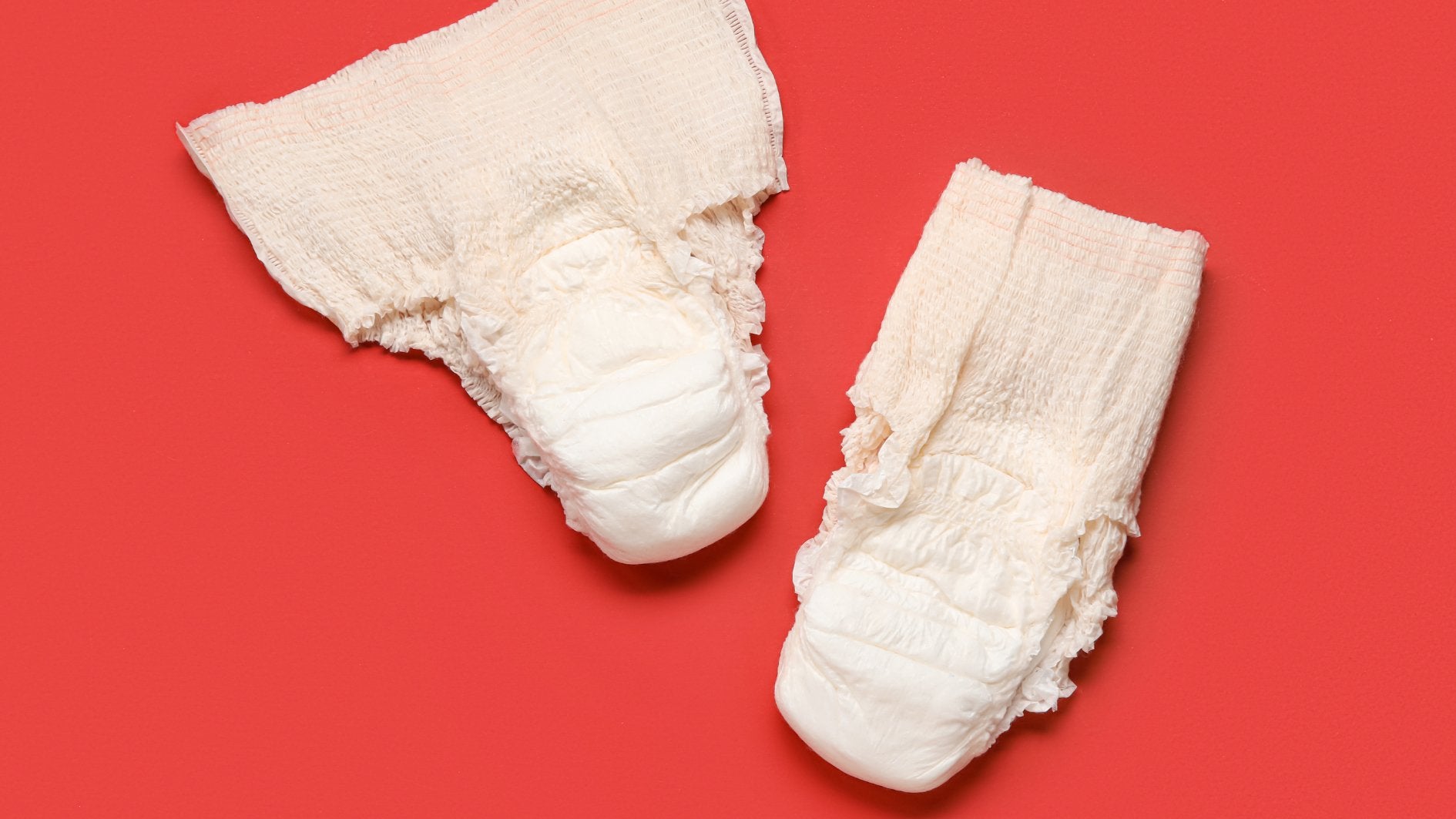Menstruation, often simply referred to as a period, is a complex biological process that plays a central role in the reproductive system of menstruating individuals.
The Menstrual Cycle: An Overview
The menstrual cycle is a recurring series of changes that prepare the body for a possible pregnancy. A complete cycle usually lasts about 28 days, but can vary between 21 and 35 days . The cycle is divided into four main phases: menstruation, follicular phase, ovulation and luteal phase.
🗓️ The phases of the menstrual cycle
🩸 1. Menstruation (days 1-5):
- What happens?: Menstruation is the phase in which the lining of the uterus (endometrium) is shed because fertilization has not occurred. This is manifested by vaginal bleeding, which usually lasts 3 to 7 days.
- Physiological processes: The bleeding consists of a mixture of blood, mucous membrane tissue and vaginal secretions. The shed mucous membrane contains nutrients and blood vessels that were prepared for the possible implantation of an embryo.
🩸 2nd follicular phase (days 1-13):
- What happens?: During this phase, follicle stimulating hormone (FSH) stimulates the growth of several follicles in the ovaries. Each follicle contains an immature egg.
- Physiological processes: A dominant follicle matures and produces increasing amounts of estrogen. This hormone promotes the growth and thickening of the uterine lining, preparing it for a possible pregnancy.
🩸 3. Ovulation (day 14):
- What happens?: Ovulation is the process by which the mature follicle ruptures and releases the egg.
- Physiological processes: The increase in luteinizing hormone (LH) triggers the release of the egg from the ovary. The egg then travels through the fallopian tube towards the uterus, where it is capable of fertilization for about 24 hours.
🩸 4th luteal phase (days 15-28):
- What happens? : After ovulation, the ruptured follicle transforms into the corpus luteum, which produces progesterone.
- Physiological processes: Progesterone stabilizes the uterine lining and prepares it for the possible implantation of a fertilized egg. If fertilization does not occur, the corpus luteum degenerates, leading to a drop in progesterone and estrogen. This drop in hormones ultimately triggers menstruation and the cycle begins again.
What happens during menstruation?
Menstruation itself is the visible sign of this complex hormonal cycle. Here are the important biological processes that take place during menstruation:
- Rejection of the uterine lining: The built-up layers of the uterine lining that have not absorbed a fertilized egg are broken down and expelled through the vaginal canal.
- Blood loss: The average blood loss during menstruation is about 30 to 80 milliliters. This loss is quickly compensated by the body.
- Cramping pain : The uterus contracts to expel the shed tissue, often perceived as menstrual cramps (dysmenorrhea). These contractions are caused by prostaglandins, hormone-like substances produced in the uterine lining.



